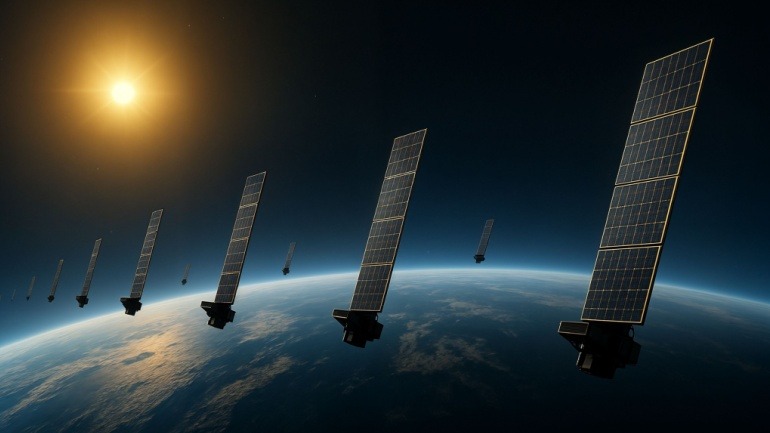FCC Chairman Brendan Carr has issued a cautionary call to EU nations, urging them to reconsider their current satellite strategy. His concern stems from growing dependencies on Starlink and potential geopolitical implications. Europe’s reliance on the service raises alarms, especially in light of recent threats from Washington to suspend Starlink services in Ukraine.
Carr’s remarks to the Financial Times highlight fears around European over-dependence on what could be considered an unreliable partner. Radek Sikorski, Poland’s foreign minister, also expressed skepticism, pointing out the precariousness of relying solely on a single supplier. He tweeted a warning about how critical Starlink has become, “If SpaceX proves to be an unreliable provider, we will be forced to look for other suppliers.”
This reliance is historically significant as Poland invests heavily in subsidizing Starlink for Ukrainian military and civil authorities during the ongoing conflict with Russia. Notably, Elon Musk faced criticism for downplaying the Polish contribution of funding, emphasizing the lack of alternatives to Starlink.
In response, some European countries are turning to local alternatives such as OneWeb. This British satellite operator, part-owned by France’s Eutelsat, provides similar Low-Earth Orbit (LEO) satellite technology. However, it faces challenges like competing with Starlink’s massive satellite network and much lower cost terminals.
Europe’s unease doesn’t just stem from reliance but extends into cybersecurity. The vulnerability of European satellite infrastructure became evident when Russian hackers disrupted Eutelsat-operated terminals at the onset of Russia’s invasion of Ukraine.
New tensions arise from Carr’s allegations of an “anti-American” bias among EU regulators. His statements appeared during an international landscape marred by technological divides, with countries choosing between US and Chinese tech solutions. He argues that this decision-making process could lead Europe down a worrying path.
The EU is at a technological crossroads. While aspirations for a self-sufficient satellite system grow, Europe faces significant barriers, both operational and financial, that it must address to reduce reliance on non-European technologies. Starlink offers superior global service and connectivity, presenting a benchmark that EU alternatives must aspire to meet.
The window for Europe to innovate or become susceptible to geopolitical dependencies is closing. Bridging the gap in satellite technology is crucial for the EU to maintain autonomy amid shifting global alliances.







